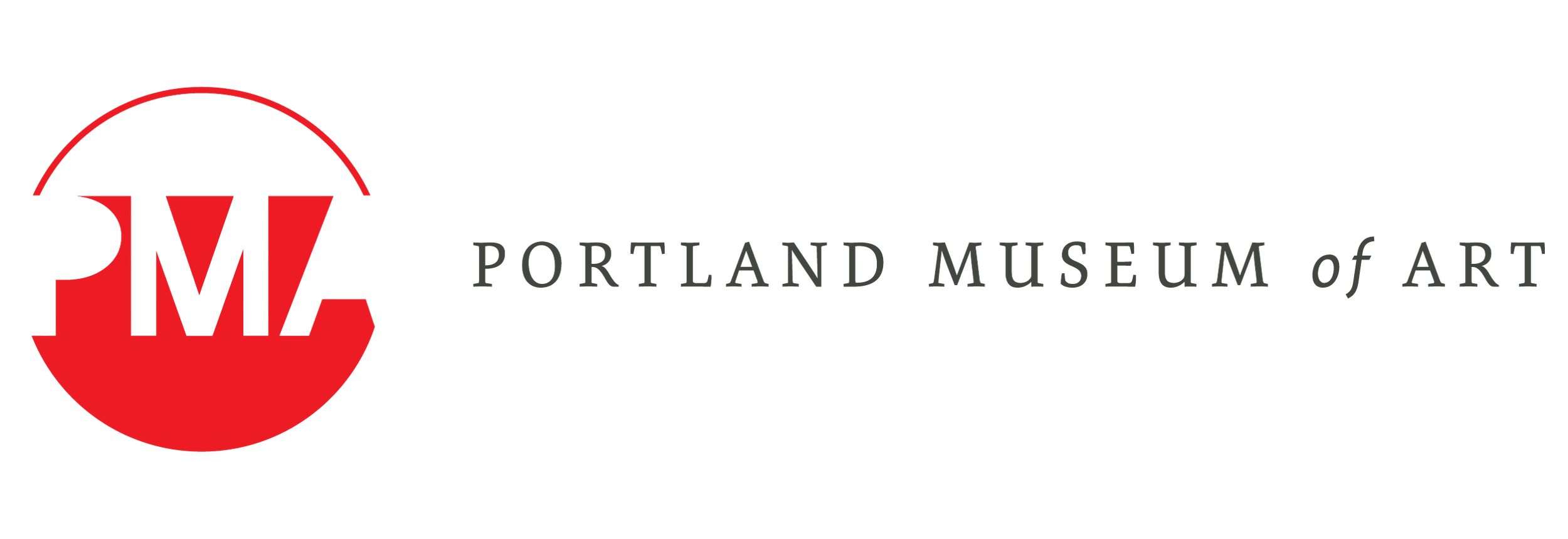James Francis, Penobscot Tribal Historian, Indian Island
INDIANS VOTE FOR THE FIRST TIME -- Princess Watawaso of the Penobscot Indian Tribe at Old Town casts the first vote of an Indian on a reservation in Maine in 1955. The only Indians who voted previously were those who moved to cities and started paying taxes. Behind the princess is her husband, Chief Bruce Poolaw. Clerks (left to right) are Mrs. Mary Cross and Mrs. Hollis Monaghan. BANGOR DAILY NEWS. PHOTO BY DANNY MAHER.
“This photograph appeared in the Bangor Daily News on September 13, 1955, showing Lucy Nicolar Poolaw casting a vote in a federal election. The caption below reads, “Indians vote for first time – Princess Watawaso (Lucy Nicolar Poolaw) of the Penobscot Indian Tribe at Old Town casts the first vote as an Indian on a reservation in Maine.” This vote was the culmination of events crafted by Lucy, her sister Florence Nicolar Shay, sister-in-law Pauline Shay, and Charles Norman Shay.
Although Native Americans were granted citizenship in 1924, individual states could determine who voted. In Maine, that did not include Native Americans. In 1952, Native American voters arrived in Old Town to vote. Veteran Charles Norman Shay arrived wearing the silver star that he earned on D-Day. He and everyone else were denied the vote. The Maine Suffrage for Native Americans Referendum was finally passed on September 13, 1954."
James E. Francis, Sr. is Penobscot Nation’s Tribal Historian, where he studies the relationship between Maine Native Americans and the landscape. James is an historical researcher, photographer, filmmaker, and graphics artist. Prior to working at the Penobscot Nation, James worked for the Wabanaki Studies Commission helping implement the new Maine Native American Studies Law into Maine schools. James co-produced a film, Invisible, which examines racism experienced by Native Americans in Maine and the Canadian Maritimes.
For 66 years, the Penobscot nation has used this ballot box to exercise their right to vote. The box was originally slated to be in the Stories of Maine exhibition when it opened in March 28, 2020. However, because of the global COVID-19 crisis, the PMA was not able to open the show as planned and the box returned to Indian Island to be used for voting. After the election in November, the ballot box will return to the exhibition thanks to the generosity of the Penoboscot Nation.


